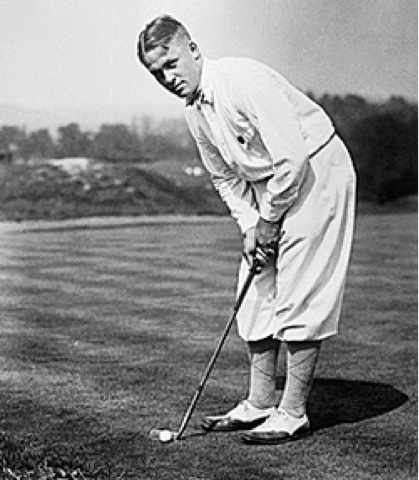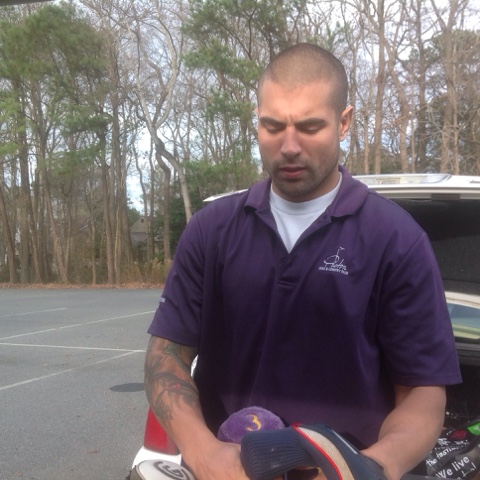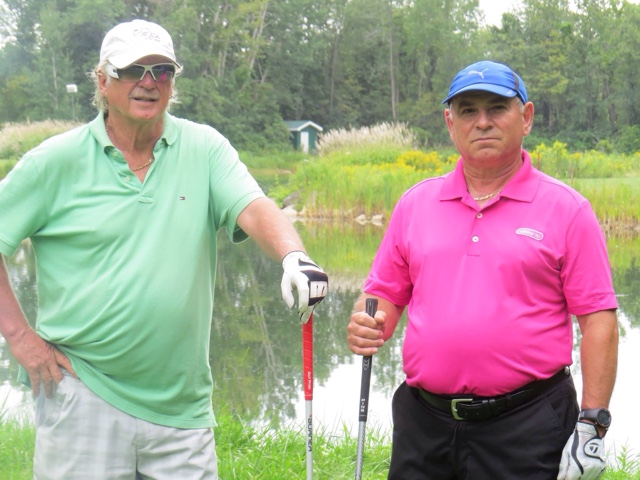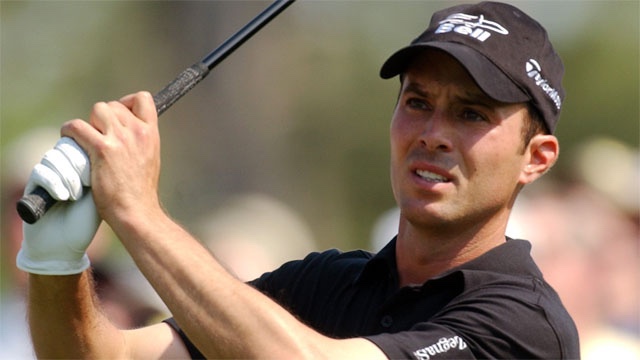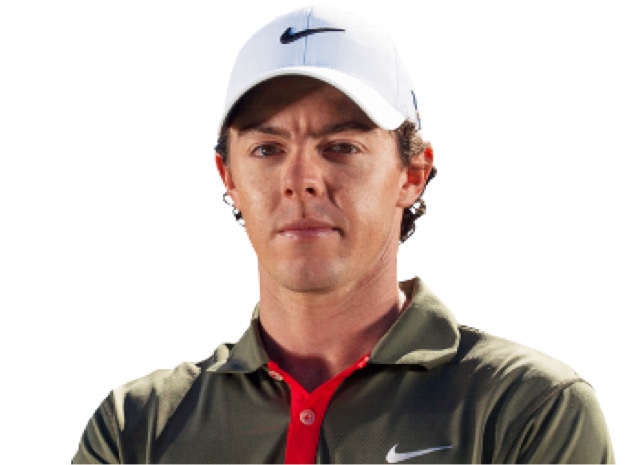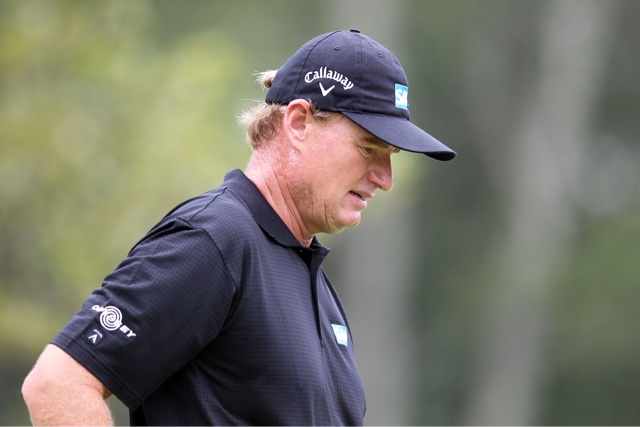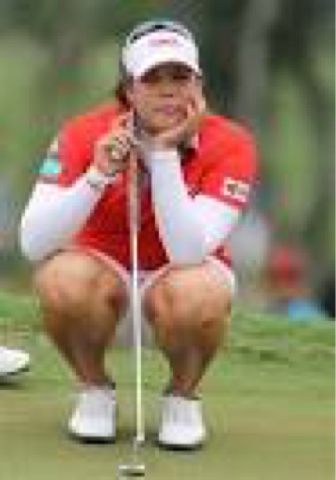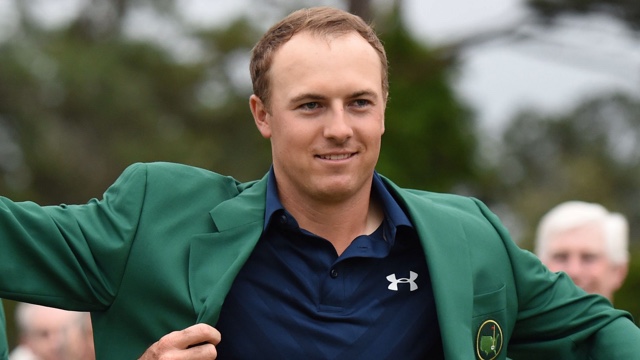However, in the midst of all this gushing over the new kids, Johnny Miller spoke up and said he's still never seen anyone hit it better than Sam Snead. I daresay there are many oldtimers in a position to know who would agree with Johnny. I bet Jack Nicklaus would be one of them. Jack marvelled at Sam's swing and said his rhythm always improved when he played with Sam, or watched his swing.
Harvey Penick watched Sam hit a tee shot at the Houston Open and decided right then and there that he was not going to try his luck on the tour. He figured he could never beat a guy who could hit it like the Slammer. I've heard it said that Sam was probably the finest athlete ever to play the game.
Snead had to have had one of the best swings of all time. It was powerful, graceful, fluid, and rhythmic. His swing also stood the test of time, Sam actually winning a PGA tour event in his late fifties. Sam felt his swing was worthy of imitation because of its simplicity. I have been reading Sam's books and watching some videos and discovered that Sam was very much a "top hand golfer." He felt that his swing was controlled by his left hand.
That is not to say that Sam played the game one-handed. He poured on the power with the right hand. But, like Bobby Jones, he was careful to ensure that the left hand was in control of his swing, never to be over-powered by his right hand. He realized, like Bobby Jones, that a right hand that gets into play too soon can wreak havoc in a golf swing.
At the end of the day, what made the Slammer's swing so worthy of imitation was not it's mechanical perfection, or it's adherence to fundamentals,--it's said he aimed so far right he sometimes looked like he was aiming at his caddie--but rather his ability to apply the club to the ball in a way that produced great golf shots--shots that, as Harvey Penick wrote, sounded like a rifle shot coming off the face of the driver.
How did he feel he did it? Golf is, after all, all about feel. He said he took the club straight back, low and slow, with his left hand. On the downswing he began by pulling with the last two fingers of his left hand. His weight shift was the natural consequence of using his top hand, everything flowing together, with nothing forced, or restrained. It felt "oily" to him. And he never tried to hit it hard, believing he achieved his best results swinging at 80 percent power.
Sam might have been a top hand--or left-sided--player, but when he hit the ball, he got everything into the shot. That's the thing with thinking about swing mechanics; a tip, or a swing thought, will work only until you begin to overdo it at the expense of something else. As Bobby Jones said, "A spoonful of cough medicine might help you. But the whole bottle will kill you."

